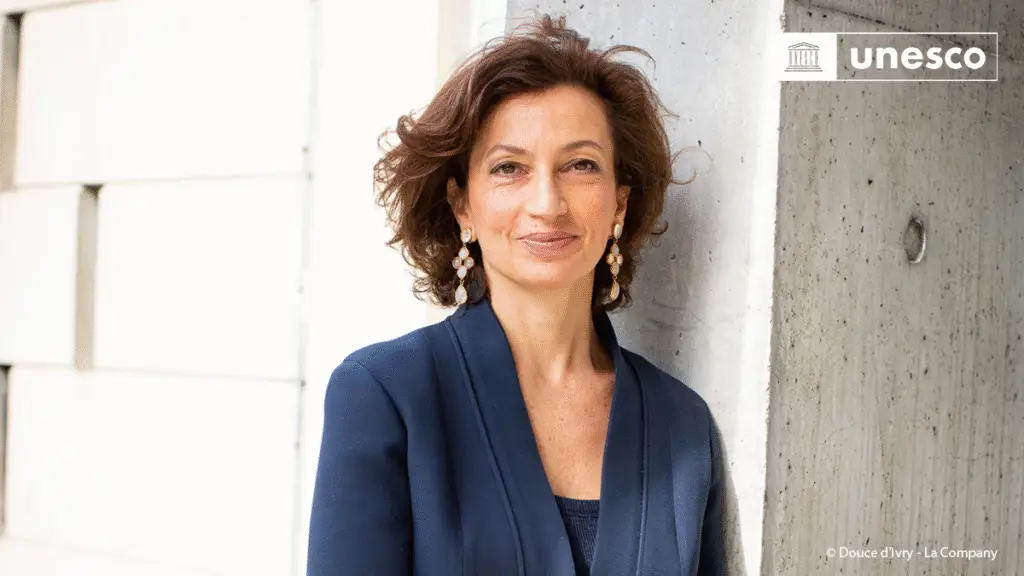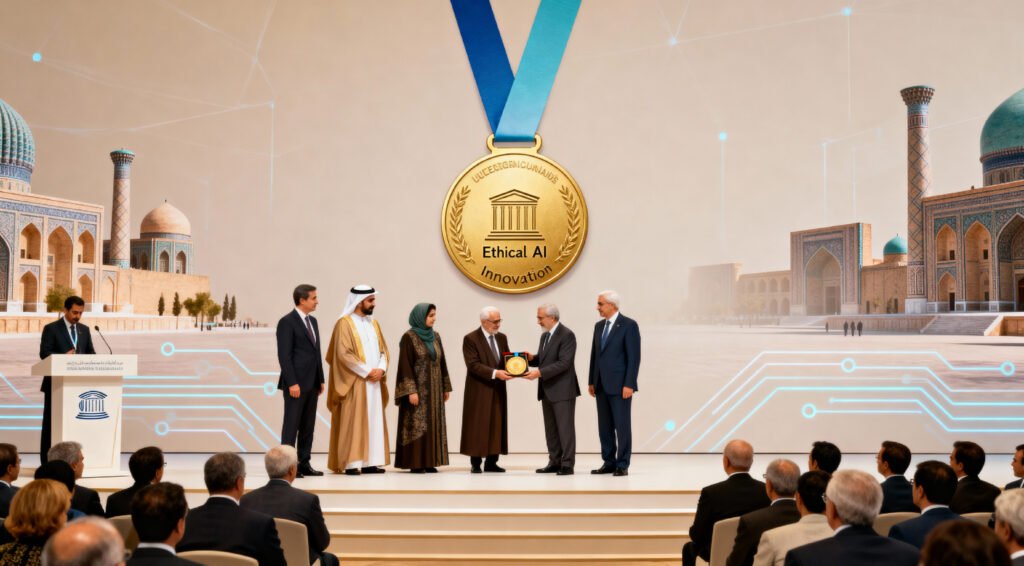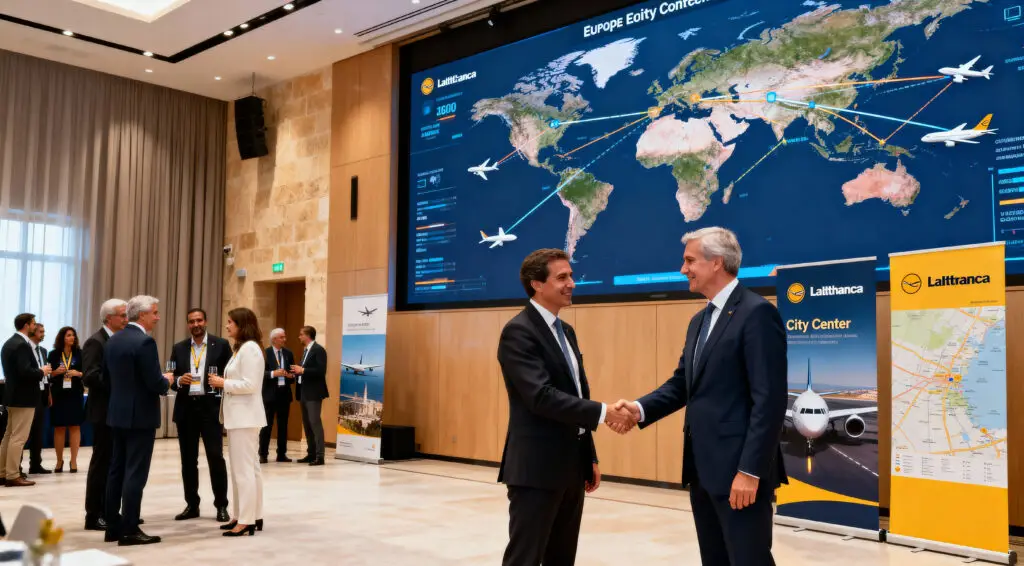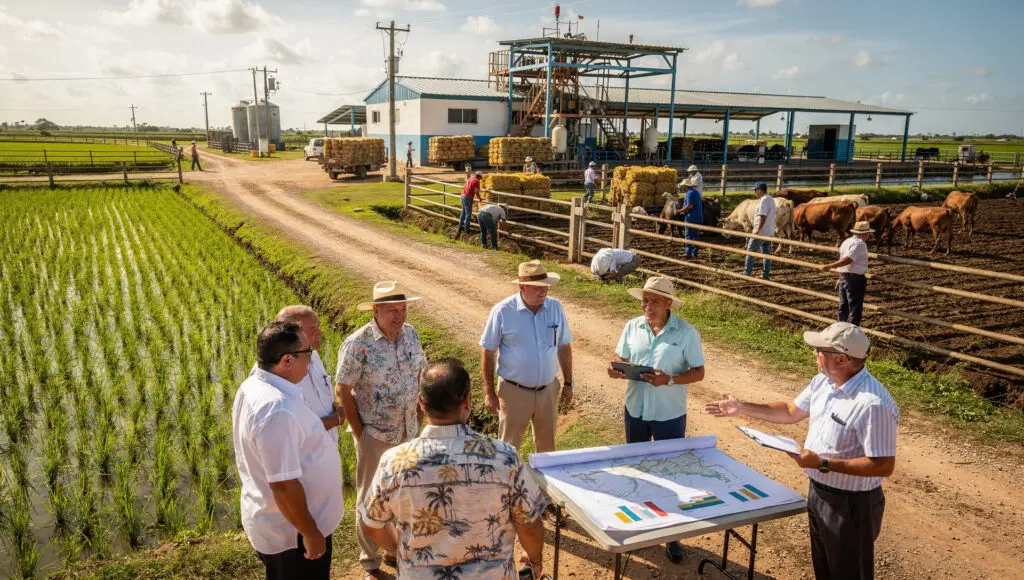UNESCO Launches New Global Prize for Ethical AI Research
The UNESCO–Uzbekistan Beruniy Prize for Scientific Research on the Ethics of Artificial Intelligence (AI) has been announced by UNESCO and the Uzbekistan Arts and Culture Development Foundation. The award honors people and organizations who are working to make AI more ethical and focused on people.
The first event, which took place in Samarkand as part of UNESCO’s 43rd General Conference, was a big step forward in encouraging moral responsibility and scientific collaboration in technological growth. Audrey Azoulay, the Director-General of UNESCO, started the gathering by saying that innovation should not be driven by power but by shared moral values.

Azoulay: “Ethics Is the Guiding Star of Innovation”
Azoulay said in her opening remarks that people need an ethical compass in a world where AI, robots, and biotechnology are becoming more common. She said that ethics shouldn’t be a limit but a guiding star that keeps innovation in line with the greater good.
She stated, “Technology is changing our world.” “But the most important question is not what AI can do, but what it should do.” The declaration was in line with UNESCO’s larger goal of making sure that technical innovation helps bring about peace, justice, and inclusiveness across the world.
Honoring Abu Rayhon Beruniy’s Legacy of Curiosity and Tolerance
Azoulay and Gayane Umerova, the head of Uzbekistan’s foundation, gave out the prize together. She thought about how Abu Rayhon Beruniy’s legacy as a scholar and symbol of intellectual curiosity, respect for cultural variety, and the search for truth will go on.
Umerova added, “Beruniy’s greatest gift was his belief that knowledge is a universal bridge.” “AI has a lot of potential for science and medicine, but we need to listen to those who are warning us to think about the ethics of new technologies.”
Recommended Article: EU May Delay AI Act Enforcement Amid Trump and Tech Pressure
Three Laureates Recognized for Ethical AI Leadership
Each winner got $30,000, a Beruniy Medal, and a certificate. The first person to win was Professor Virgilio Almeida from Brazil’s Federal University of Minas Gerais. He was honored for his work in promoting ethical, inclusive, and democratic AI governance. His research looks at how algorithms affect fairness and openness in digital society.
Almeida added, “This award has a lot of symbolic meaning.” “The ethical problems with AI don’t come from the technology itself, but from how we use it.” We need to think about what AI should do, not just what it can accomplish.
Perry and Roda Honored for Youth-Centered AI Ethics
Susan Perry, a human rights activist, and Claudia Roda, a computer scientist, both won the second award for their groundbreaking work in anticipatory and youth-centered AI ethics. Since 2012, they have worked to connect human rights with technical progress, with an emphasis on privacy, surveillance, and making sure everyone can use technology.
Roda remarked, “Technology is changing our world at an unprecedented rate.” “The questions we ask shape the future we build together.” Perry said, “We will make sure that AI makes the world safer for everyone and strengthens peace, justice, and fairness.”
Global AI Governance Award Goes to Tsinghua Institute
The Institute for AI International Governance (I-AIIG) at Tsinghua University was the third winner. It was recognized for its work in promoting AI ethical research and policy discourse under the direction of Professor Lan Xue. The institution runs events, including the International AI Cooperation and Governance Forum and the U&AI Youth AI4SDG Bootcamp.
Xue stated, “People, not technology, decide its fate.” “Our goal is to encourage shared responsibility, understanding, and working together with others so that AI helps everyone.”
Promoting Global Conversation About Responsible AI
The event ended with a panel discussion on how AI governance may include ethical foundations in national and regional institutions. Participants stressed that research, education, and policy must all change at the same time to make sure that new ideas are in line with human rights and long-term growth.
UNESCO reiterated its dedication to using AI as a catalyst for social inclusion and international collaboration, reconciling technical advancement with ethical accountability.
Ethics as the Basis for Progress, Not Its End
Lidia Brito, UNESCO’s Assistant Director-General, ended the event by saying that ethics is not a barrier to progress but the basis of it. “It is what keeps technology connected to people,” she continued, “and what turns knowledge into a tool for inclusion and sustainable development.”
The Beruniy Prize is an enduring example of how science and ethics must grow together. It makes sure that AI serves the common good while also respecting human dignity.























